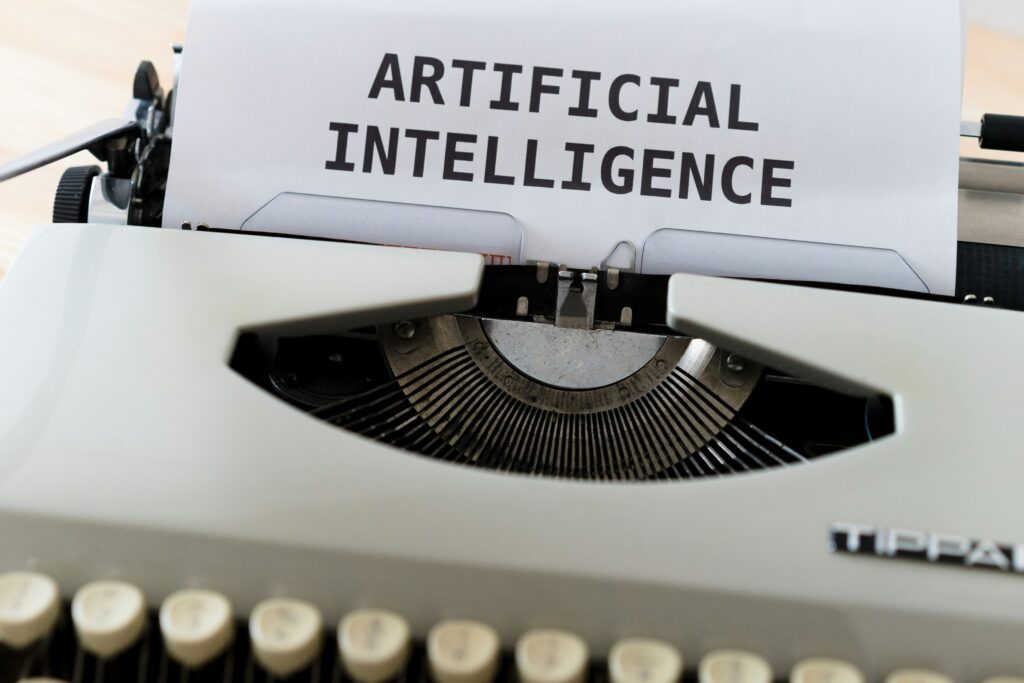Did you know that artificial intelligence is now being used to predict the outcome of legal cases? Yes, you read that right. Gone are the days of relying solely on human judgment and legal expertise. With the advancement of AI technology, we are witnessing a new era in the legal industry.
Companies like CaseMine and Lex Machina are pioneering the use of AI algorithms to analyze vast amounts of legal data and predict the outcomes of cases with remarkable accuracy. By examining past cases, judges’ decisions, and various legal precedents, these AI systems are able to provide valuable insights to lawyers and clients, helping them make more informed decisions.
According to a study by Deloitte, AI-powered legal tools have shown to increase efficiency by up to 25% and reduce costs by as much as 30%. This not only benefits law firms and their clients but also contributes to a more accessible and just legal system overall.
However, as with any new technology, there are challenges and ethical considerations to navigate. Some critics raise concerns about transparency, accountability, and biases in AI algorithms. It is important for the legal industry to address these issues and ensure that AI is used ethically and responsibly.
Despite these challenges, there is no denying the transformative potential of AI in the legal field. As AI continues to evolve and integrate into various industries, we can expect to see even more innovative applications that will shape the future of business and society.



